Fieldwork
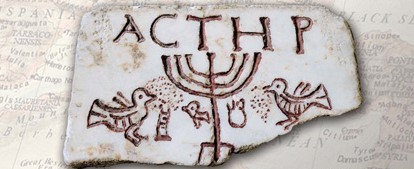
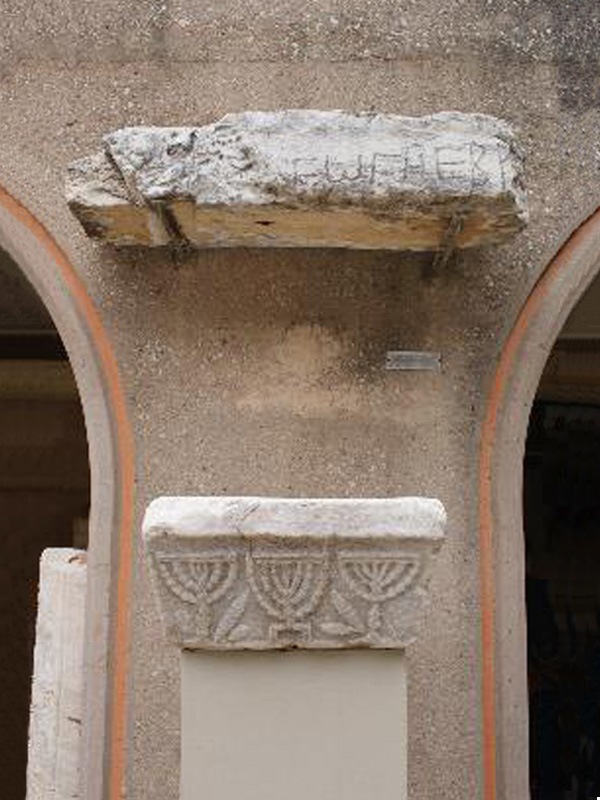
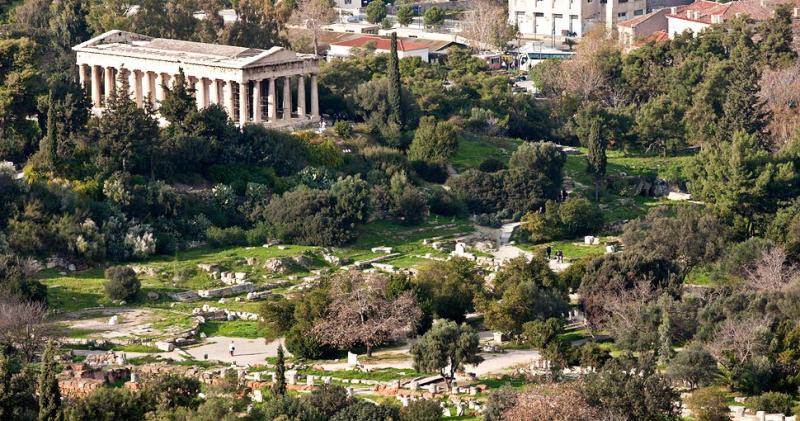
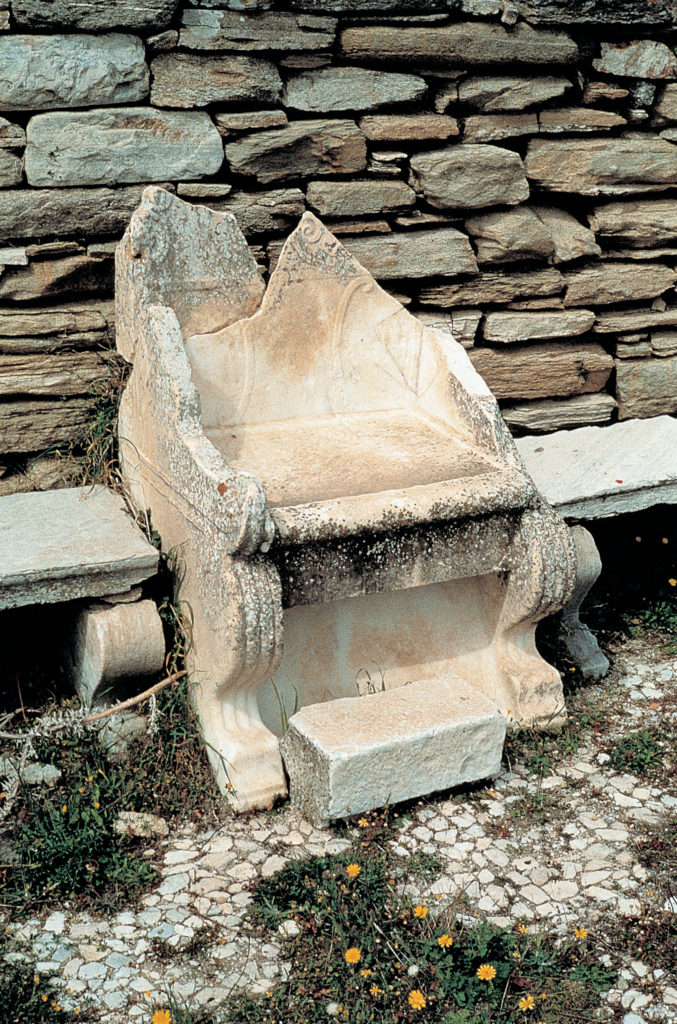
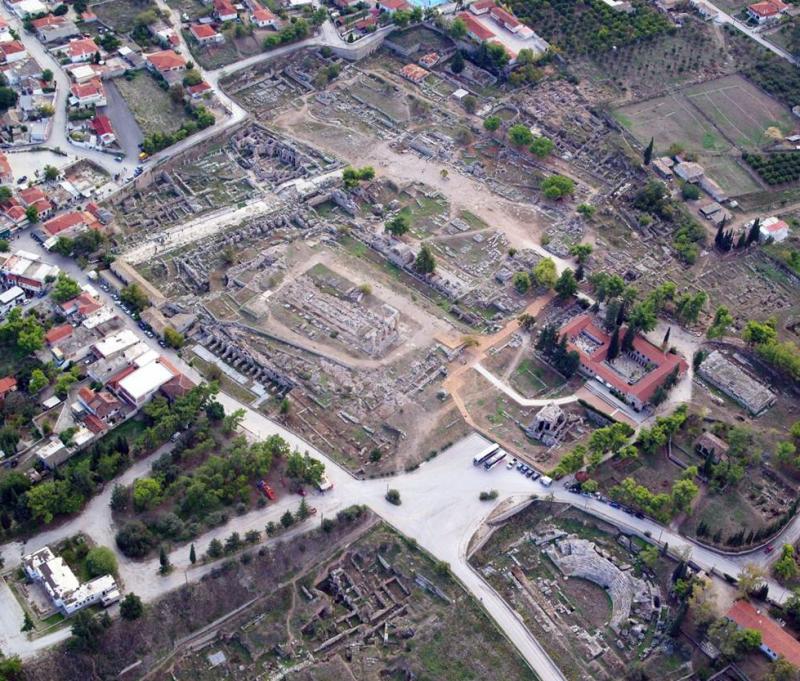
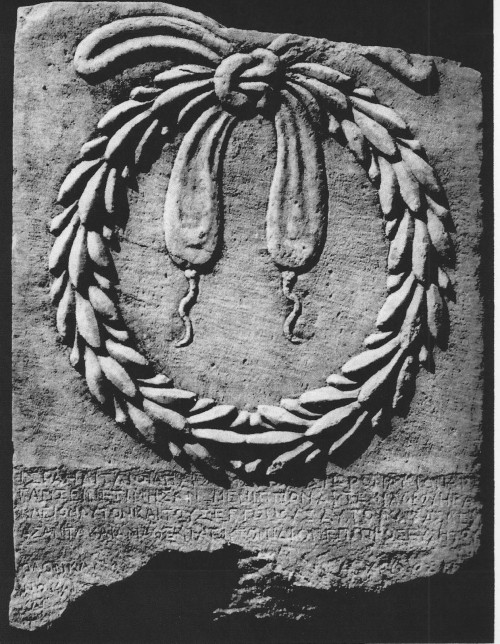
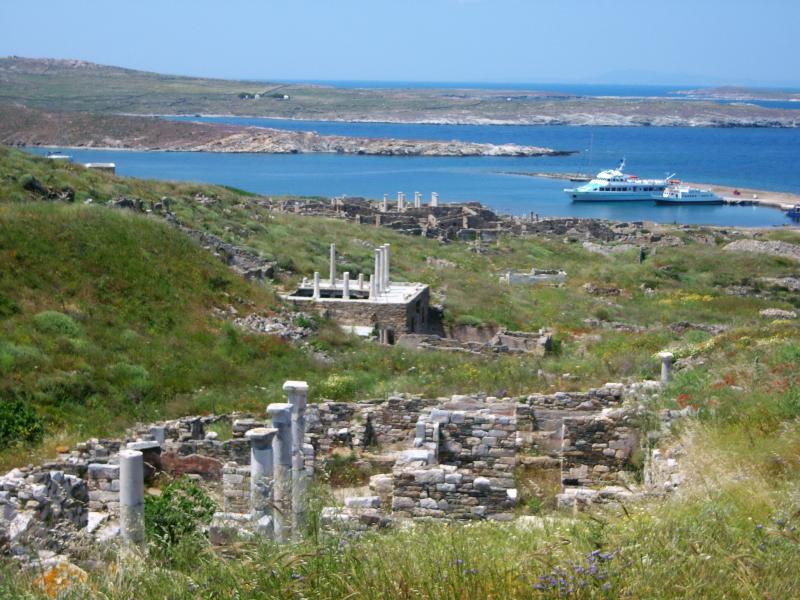
Location: Athens, GR
Season: June 1, 2025 to June 14, 2025
Session Dates: June 1st - June 14th, 2025
Application Deadline: May 20, 2025
Deadline Type: Rolling
Website: https://www.herc.gr/
Program Type:
Field School
RPA Certified:
No
Affiliation:
Hellenic Education & Research Center (HERC)
Project Director:
Dr Socrates Koursoumis
Archaeologist, Hellenic Ministry of Culture and Sports
Project Description:
This summer course examines the Archaeology of St. Paul through the presence and history of the communities of the Jewish Diaspora and early Christianity in the Graeco-Roman world, on the basis of literary source (Pagan, Jewish and Christian authors), epigraphic evidence (ancient inscriptions) and other archaeological finds.
Archaeological finds and references by ancient authors suggest that Jewish communities flourished all over the Greek Mainland and the Aegean Sea from the 3rd century BCE onwards. These Greek-speaking ethnic groups were primarily organized on the basis of a Synagogue and the observance of the Torah. Although Jews of the Diaspora participated in the everyday life, civic festivals and pagan rituals of the Greek cities and the cosmopolitan Graeco-Roman world, still the evidence suggest that they managed to maintain their religious beliefs and ethics. On the other hand groups of Pagans known as “proselytes”, participated in Jewish festivals, partly or fully adopting the Jewish code of beliefs and ethics, and eventually converted to Judaism.
On the basis of literary references, this course will study the archaeological remains related to these two distinct communities, such as the architectural parts surviving from the ancient Synagogue of Corinth and the oldest Synagogue building of the Diaspora on the Island of Delos dated to the Hellenistic Period.
The course will also study the early creation and development of Christian Churches in the margins of the Jewish communities of Greece, focusing on the activity of Paul, the Greek-speaking Jew from Tarsus of Cilicia who later became the Christian “Apostle of the Gentiles”.
Apart from Athens, part of the course will be spent at Corinth and Delos/Mykonos which also hosted flourishing Jewish and Samaritan communities.
Period(s) of Occupation: Hellenistic and Roman
Notes:
Athens, Corinth, Delos, Jews, Early Christians, Graeco-Roman World
Project Size: 1-24 participants
Minimum Length of Stay for Volunteers: Full length of program
Minimum Age: 18
Experience Required: No particular experience is required but participants with some background in Classics or Ancient History will be given priority.
Room and Board Arrangements:
Students will share apartments or hotel rooms in Athens.
The program fee includes a welcome dinner, breakfast during weekdays and a farewell dinner.
Academic Credit:
Recommended credit: 4 credits offered by the applicant's home institution.
Tuition is €2,500 (Euros) and includes tuition, accommodation, field trips and the meals stated in "Room and Board".
George Tziampiris
15 Tholou Street
Athens
Attiki
10556
Greece
Phone: +306936811711
The AIA is North America's largest and oldest nonprofit organization dedicated to archaeology. The Institute advances awareness, education, fieldwork, preservation, publication, and research of archaeological sites and cultural heritage throughout the world. Your contribution makes a difference.